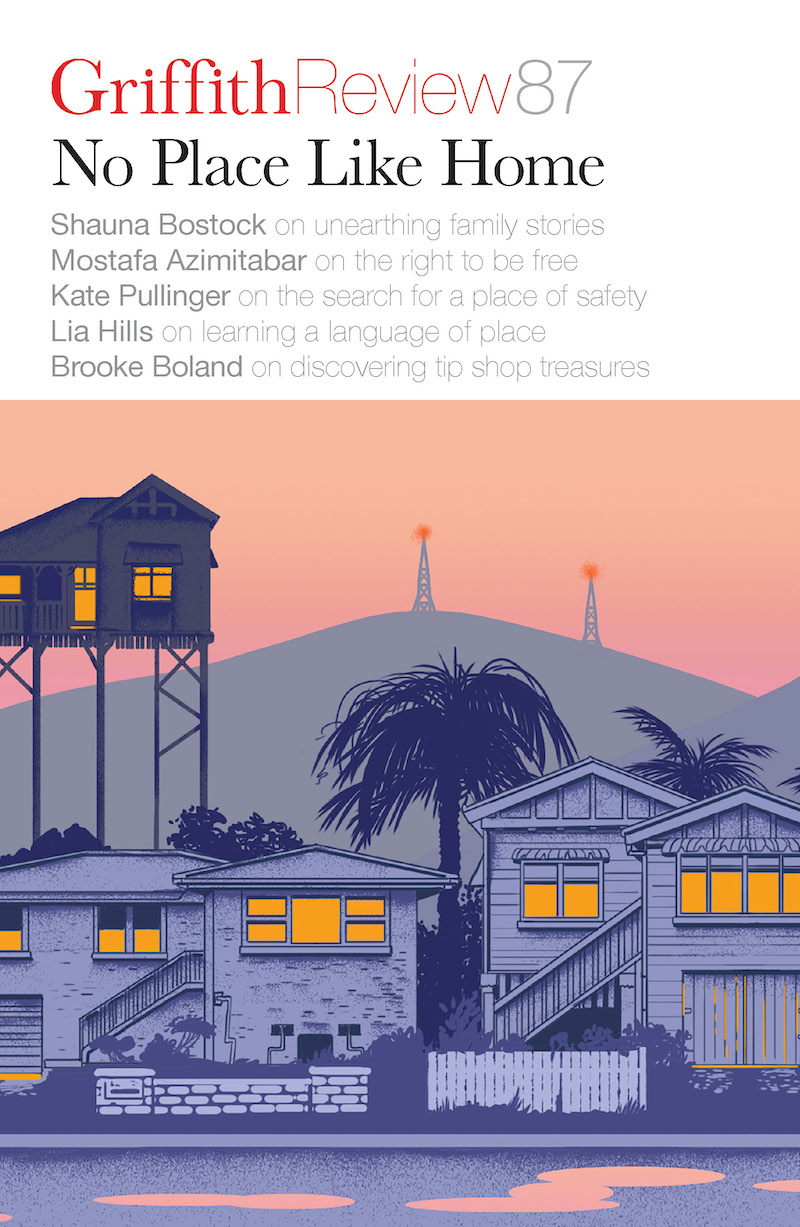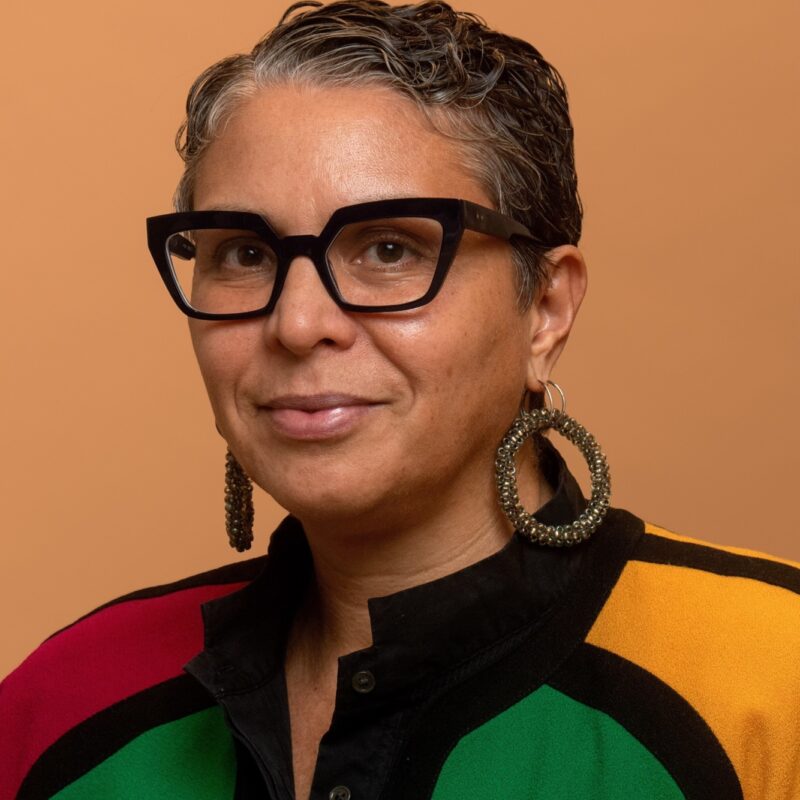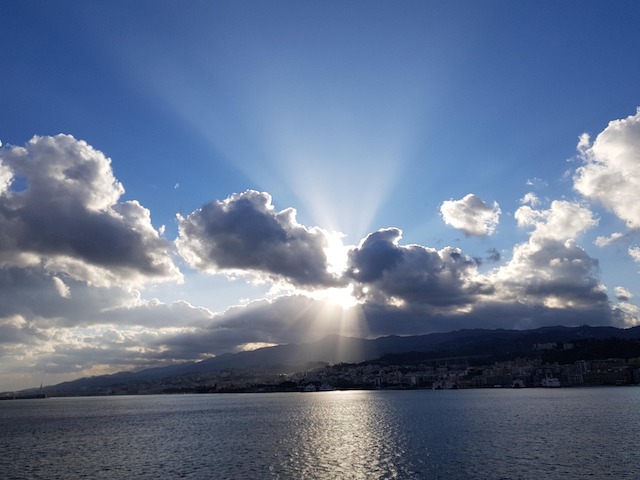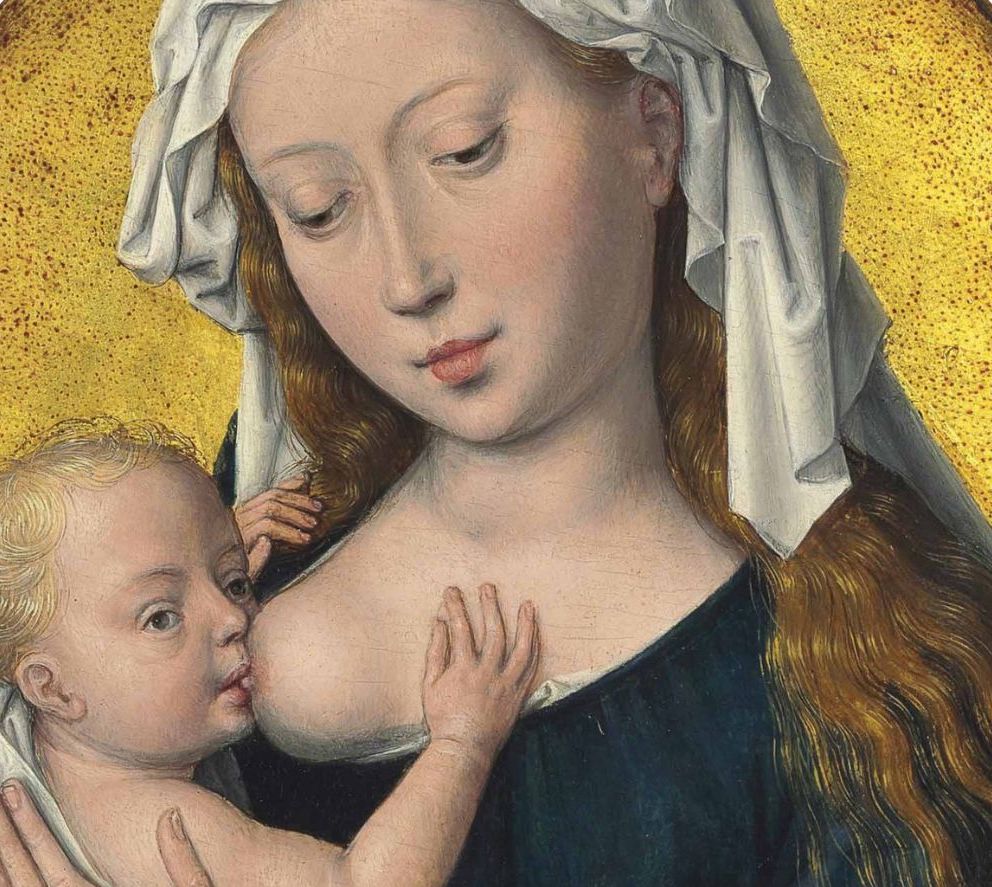Featured in

- Published 20250204
- ISBN: 978-1-923213-04-3
- Extent: 196 pp
- Paperback, ebook. PDF
yes, one day, finally, it will all fall away
like all dead things
we will sit again by the campfire
story illuminating the fall of empire
one day
again
we will choose enough
lean away from more
pull our hands from its heat
lean
wandunban nguliindu
always
into the earth
quickening its molten heart
we will draw from there
unflinching
our song
carry it
on feathered feet
to deepest country
cast it toward the shore
one day again
mudhunda
you will thrum
and our song
will bear witness
wandhandja wandhanja mardin-yimba
blak witness of all time
One day one day one day.
*******
wandunban nguliindu– our customary/spiritual way of being
mudhunda – the name I have given to so called Australia, meaning the song Country
wandhanja wandhanja – everywhen
mardin – the people
yiimba – hear listen and think
‘One day one day one day.’ – With permission from A Language of Limbs by Dylin Hardcastle
Share article
About the author

Cheryl Leavy
Cheryl Leavy writes non-fiction, poetry and children’s literature. Her first children’s book, Yanga Mother, was published by UQP in 2024. She has been awarded...
More from this edition

Mudth
Non-fictionMy family has its roots in several parts of the world: the Lui branch in New Caledonia, the Mosby branch in Virginia in the US, and the Baragud branch in Mabudawan village and Old Mawatta in the Western Province of PNG. Growing up, I spent most of my childhood with my Lui family at my family home, Kantok, on Iama Island. Kantok is a name we identify with as a family – it’s not a clan, it’s a dynasty. It carries important family beliefs and values, passed down from generation to generation. At Kantok, I learnt the true value and meaning of family: love, unity, respect and togetherness. My cousins were like my brothers and sisters – we had heaps of sleepovers and would go reef fishing together, play on the beach and walk out to the saiup (mud flats). I am reminded of these words spoken by an Elder in my family: ‘Teachings blor piknini [for children] must first come from within the four corners of your house.’

Trash and treasure
FictionIn the middle of the night he had a dream where the dirty pasta bowls he’d left out were on fire, smoking up the apartment. When he shot up in bed, he could still smell the smoke. He remembered Karim, the whole previous day and night flashing through his head. In five strides he was in the living room. Karim wasn’t on the couch. The balcony door was open and he was out there, shirtless, leaning on the balustrade smoking a cigarette. The nodules rising out of his spine pinged the moonlight over his back like a prism. Ben went out, shut the door behind him, leaned over the balcony by Karim. Their arms touched and neither of them pulled away. The forum was emptier than empty. Completely still, like they were peering into a photograph.

More than maternity
Non-fictionPrinciple among art-history instances of breastfeeding are paintings, sculptures, tapestries and stained-glass art in churches that relay key Biblical moments of the Virgin Mary nursing the baby Jesus. Should you find yourself in the corridors of the Louvre, in the same halls where kings and princes are eternalised, one singular image of breastfeeding will make its way towards you time and time again: that of the Virgin Mary nursing the baby Jesus, which emerged in the twelfth century and proliferated in full bloom from the fourteenth as her cult of worship grew. In art, the nursing Virgin is called the Madonna Lactans, and she is a sanctity. Most of all, as the Church’s model of maternity, she is silent.